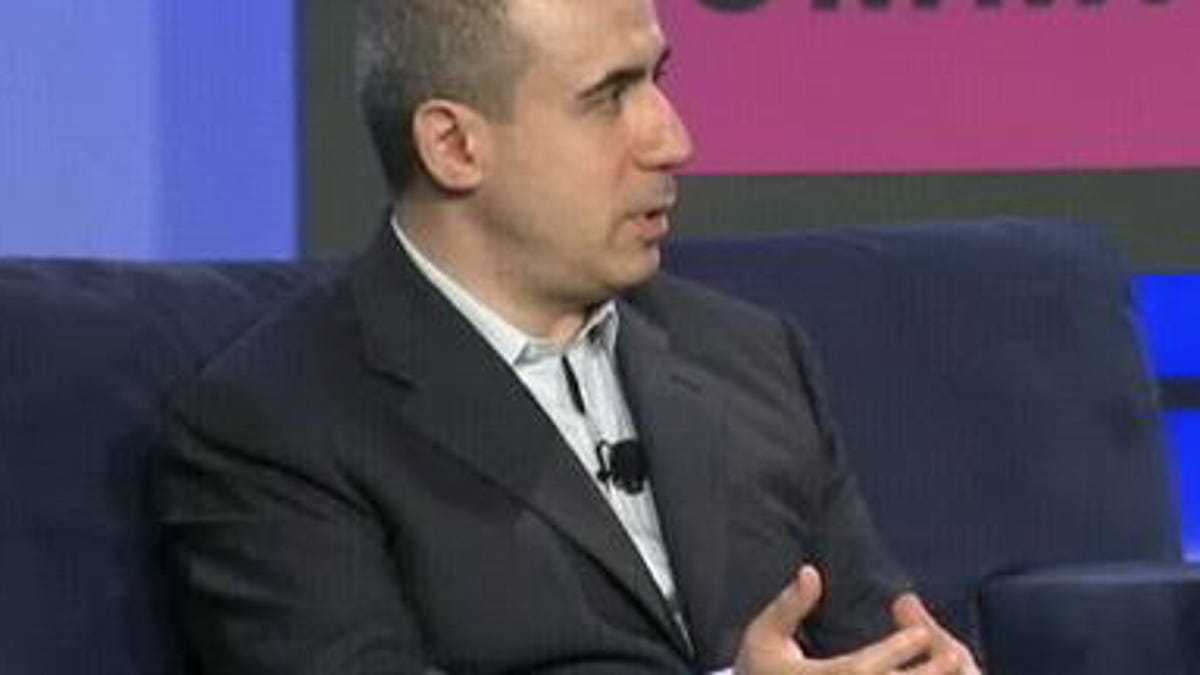Facebook's Russian uber-investor explains strategy
Known for pumping huge amounts of money into companies on the verge of going public, investor Yuri Milner talks at the Web 2.0 Summit conference about why he doesn't take seats on boards of directors.

SAN FRANCISCO--Few in Silicon Valley had heard of Russian investor Yuri Milner when, in spring 2009, his investment firm Digital Sky Technologies bought a $200 million stake in Facebook and announced plans to buy more through employee stock buybacks.
Now, with stakes in Zynga and Groupon as well as the acquisition of the ICQ messaging client from AOL, Digital Sky Technologies and its sister company Mail.ru have become impossible to ignore in the industry. DST's stake in Facebook is rumored to approach 10 percent. The firm has itself gone public. It's pioneered a new kind of investment model in which it buys big stakes of companies that are said to be on the cusp of an IPO, leading to the adoption of the term "DST-style" investment in Valley jargon.
DST's strategy is "to come in and take the liquidity pressure off the table, so that the companies can still grow and develop the product another year or two before they eventually go public," Milner explained in a talk today at the Web 2.0 Summit, where he was one of the high-profile conference's most anticipated speakers. He believes there are more opportunities here, with "probably still 25 to 30 companies like that that are still not public."
DST also rarely takes seats on portfolio companies' boards of directors, which Milner says allows him to invest in more of the same kinds of companies without being concerned that they might be in competition with one another or with Mail.ru itself. "We often run into the situation that if we would join any of the boards, we would immediately be conflicted with the next investment or the previous investment," he said. "So I think it's a safe model."
The DST model has also spurred unprecedented levels of second-market stock trading on behalf of companies like Facebook, which according to a report in Bloomberg BusinessWeek is now trading privately at $16 a share, giving it a stunning valuation of $41 billion.
Milner's talk did not unveil any details on what the true values of his investments are, or when any of those companies might go public, but he did say one thing that surprised interviewer and conference organizer John Battelle: He liked the controversial film "The Social Network," a contested and arguably unflattering portrait of Facebook, "a lot."

